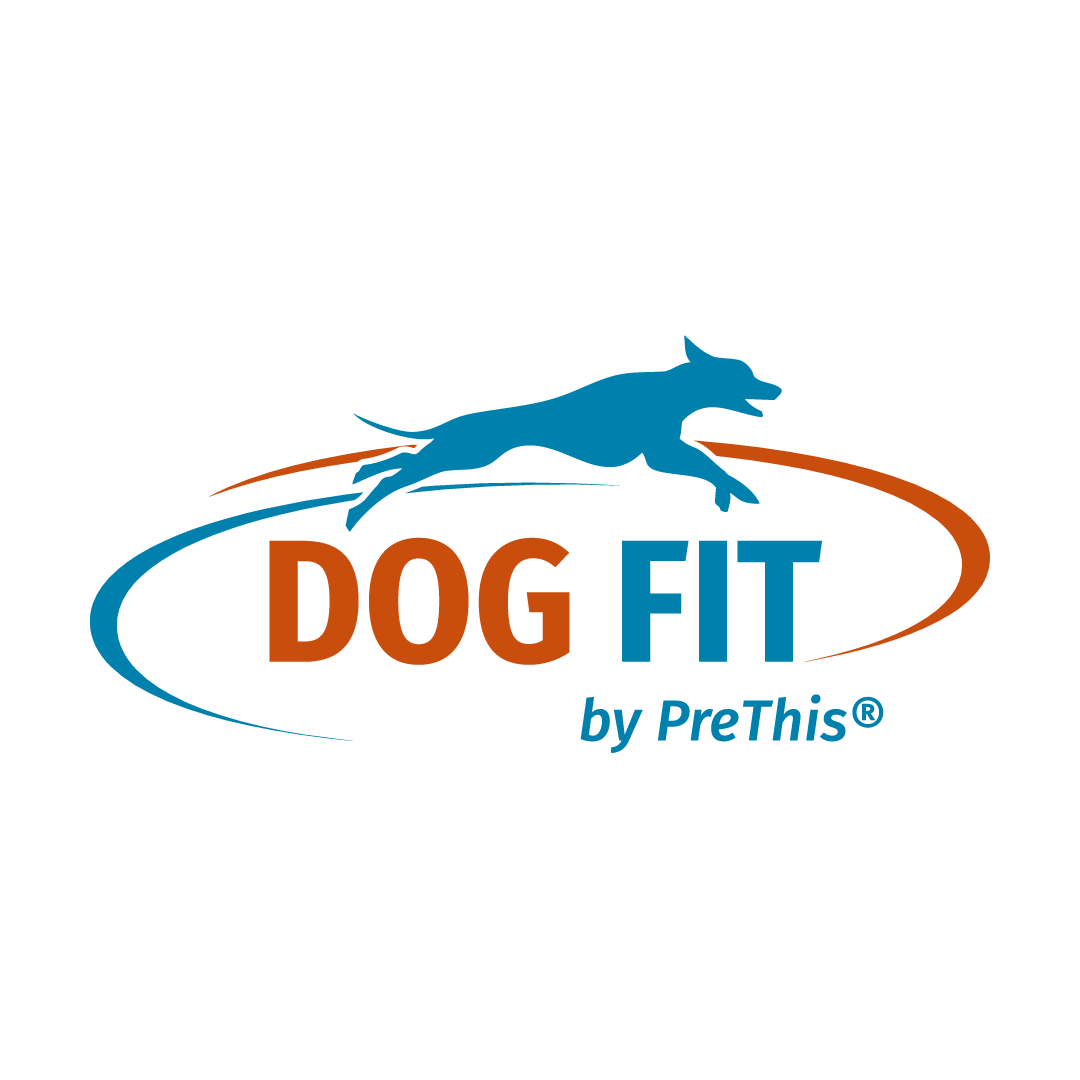Various yeast fungi live on the skin of every dog, which can multiply rapidly and trigger a fungal infection. Basically, a yeast infection in a dog indicates a weakened immune system and therefore veterinarians usually recommend a combined therapy, in which both the yeast fungi are combated and the dog’s immune system is strengthened.
How does a yeast infection manifest itself in dogs?
As a rule, a yeast infection in dogs is manifested by a musty body odor from the animal in combination with reddening of the skin and crusting. The dog constantly scratches itself due to the intense itching caused by the yeast overgrowth on the skin. It is not uncommon for a yeast infection to occur in dogs if the animal is already suffering from another illness, such as an infectious disease or liver or kidney disease, which significantly weakens the dog’s natural defenses. If a yeast infection on the dog’s skin is not treated professionally, it can cause damage to the skin.
How can you treat yeast infection?
Yeast fungal disease on a dog’s skin can be treated with appropriate medication, shampoos or ointments. However, depending on the general condition of the dog, treatment of the yeast infection can take a long time and many animals sometimes have to be treated with the appropriate medication for the rest of their lives. As already mentioned at the beginning, the dog owner must also ensure that the weakened immune system, which is indicated by the yeast disease, is strengthened again and effectively supported in its work. This can be done, for example, with a special colostrum supplement.
Are there any preventive measures against yeast infestation?
As a preventive measure, the dog owner should regularly check their animal’s skin for yeast infestation and, if necessary, bathe the dog from time to time with a fungicidal shampoo. The animals’ ears must also be checked for prophylaxis, as yeast overgrowth is often found there too! Long-term support and strengthening of the immune system is generally recommended for health prophylaxis in dogs!

The content of the articles is for general information purposes only and does not replace diagnosis or treatment by a veterinarian. Reviews or testimonials are individual reports from verified customers. This information does not constitute medical advice and should not be understood as such.
Our daily inspiration comes from the special moments with our dogs. Here we share this enthusiasm and invite you to become part of the DOG FIT community on our social media channels.


Leave a Reply